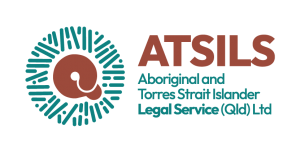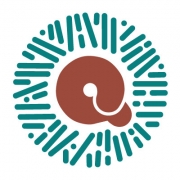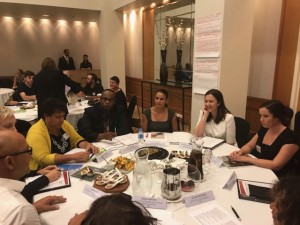ATSILS Toowoomba Regional Manager will join family and friends next month on an epic mission to raise awareness and vital funds for crisis counselling services across the Darling Downs and South West Queensland.
On 26 May 2025, the first-ever Lifeline 3000 Ride will commence. Covering an incredible 1250km journey, Lifeline Darling Downs and South West Queensland CEO, Rachelle Patterson, alongside her husband, family, and close friends, will embark on this challenging mountain bike ride from the Dig Tree (near Innamincka on the South Australian border) to Toowoomba.
The initial goal for the Lifeline 3000 Ride was to raise enough funds to employ a crisis counsellor who could serve communities across South West Queensland. However, the devastating floods that have recently swept through Western Queensland have made this need even more urgent.
The LLDDSWQ mission is to continue offering this much-needed counselling and psychosocial support to affected property owners, business owners, and individuals—long after the floodwaters have receded. To achieve this, LLDDSWQ needs the broader region’s help. By securing sponsorships and donations from partners throughout Toowoomba and beyond, LLDDSWQ can fund the long-term counselling services these communities desperately need.
LLDDSWQ acknowledges that things are pretty tough out there at the moment so if this isn’t a great time for you to consider sponsorship, we would request that you instead share the link to the LLDDSWQ fundraising page with your staff and network Lifeline Darling Downs & South West Queensland – Lifeline 3000 where individuals and businesses can make a tax-deductible donation. Every dollar raised will remain in this region as we are a local company with a footprint within the Darling Downs and South West Queensland.
For more information view:
LDDSWQL. Lifeline 3000 Charity Bike Ride. Sponsorship Proposal (long form)_v1.0 final
To donate to this important initiative click on the link below.
https://fundraise.lifeline.org.au/event/lifeline-darling-downs–south-west-queensland—lifeline-3000/home
















